Yet that hasn’t stopped Mourad Debbabi, the institute co-founder who holds a Tier 1 Research Chair in Information Systems Security and is a leading expert on cybersecurity. He’s also the newly named NSERC/ Hydro-Québec Thales Senior Industrial Research Chair. Debbabi is the one showing me the computer screen tracking the threats and attacks, and he rattles off a series of figures that is both impressive and sobering.
“On a daily basis, an average of 1.18 million viruses are collected,” he says. “This is what we’re able to collect, it’s not the total number: 230,000 distributed reflection denial of service attacks are perpetrated; 156 million phishing emails are sent on a daily basis; 1.1 million attacks against web servers and web services — these are attacks that we block.” The actual total number of all attacks is much higher.
All of this information, and much more, is stored on a secure server and shared with certain partners of the institute — though the information is generally kept very close to the vest and not shared with the public. And since these partners often deal with very sensitive information, Debbabi says, “One way to be on top of things is to have intel that will help you to detect, prevent, mitigate and attribute these attacks.”
Their secure facility is able to take the raw data collected from the attacks in near-real time and analyze it thoroughly: what kind of attack was it, where did it originate, who did it target, what was the speed and timing of the attack and perhaps even who was behind it. “This is a unique capability,” he says. “You don’t find this anywhere else in Canada.”


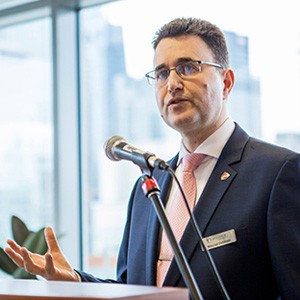 Institute co-founder Mourad Debbabi holds a Tier 1 Research Chair in Information Systems Security. In December he was named NSERC/ Hydro-Québec Thales Senior Industrial Research Chair.
Institute co-founder Mourad Debbabi holds a Tier 1 Research Chair in Information Systems Security. In December he was named NSERC/ Hydro-Québec Thales Senior Industrial Research Chair.
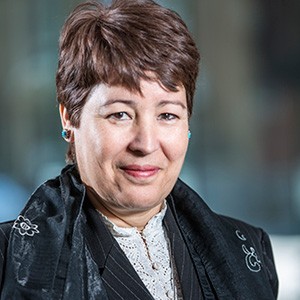 Rachida Dssouli, director of the Concordia Institute for Information Systems Engineering, points out that while its faculty members come from a variety of fields, “they either have a formal degree or were working with it as a component in their work and research.”
Rachida Dssouli, director of the Concordia Institute for Information Systems Engineering, points out that while its faculty members come from a variety of fields, “they either have a formal degree or were working with it as a component in their work and research.”
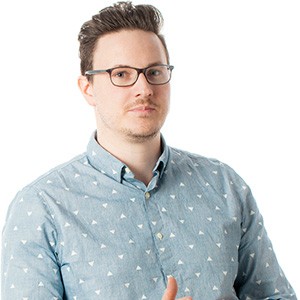 The research interests of Jeremy Clark, assistant professor at the Concordia Institute for Information Systems Engineering, include cryptocurrency, online voting systems and email security. Photo: David Ward
The research interests of Jeremy Clark, assistant professor at the Concordia Institute for Information Systems Engineering, include cryptocurrency, online voting systems and email security. Photo: David Ward
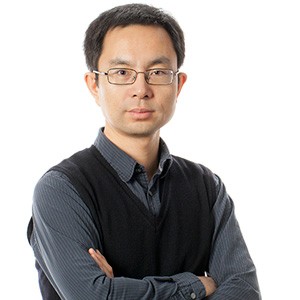 Lingyu Wang, associate professor in the Concordia Institute for Information Systems Engineering, Receives funding from Ericsson and the Canadian government to support his research into identifying weaknesses in cloud security properties. Photo: David Ward
Lingyu Wang, associate professor in the Concordia Institute for Information Systems Engineering, Receives funding from Ericsson and the Canadian government to support his research into identifying weaknesses in cloud security properties. Photo: David Ward
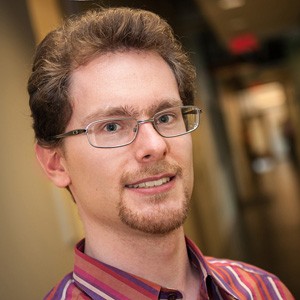 Xavier de Carné de Carnavalet, who is pursuing his PhD at the institute, says he appreciates the academic freedom professors are given to pursue their own areas of interest.
Xavier de Carné de Carnavalet, who is pursuing his PhD at the institute, says he appreciates the academic freedom professors are given to pursue their own areas of interest.